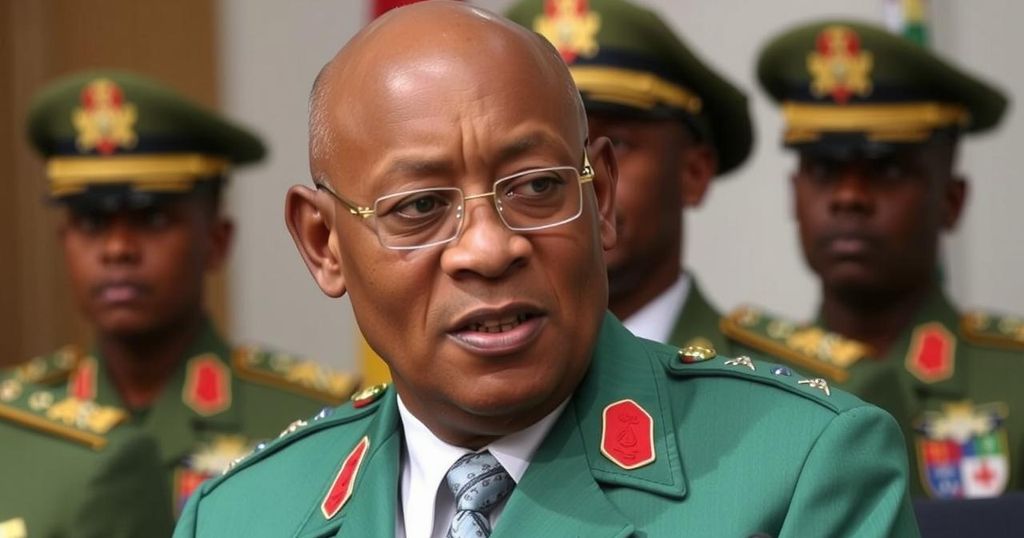Chad recently held legislative, provincial, and local elections that the government claims are a final step towards a political transition after three years of military rule. Opposition parties boycotted the elections, alleging fraud and electoral malpractice, raising concerns about the legitimacy of the process. Marshal Mahamat Idriss Itno, who assumed power in 2021, continues to face criticism for increasing autocracy and state repression.
Chad recently conducted its legislative, provincial, and local elections amid ongoing political tension following three years of military governance. These elections, heralded by the ruling military government as a crucial component of a political transition, faced widespread opposition boycotts, allowing candidates loyal to Marshal Mahamat Idriss Itno, who has held power since 2021, to dominate the electoral landscape. Several opposition figures have criticized the legitimacy of the electoral process, with specific claims of systematic fraud and ballot tampering emerging from observers.
The elections took place under the watchful eyes of foreign observers, as citizens, including military personnel and police, cast their votes. Approximately eight million registered voters were eligible to participate, though the environment was marred by allegations of electoral malpractice and limited media coverage due to a strike among journalists protesting government restrictions. The events unfolded amidst heightened security concerns related to violence from Boko Haram and recent geopolitical tensions in the region.
Marshal Itno ascended to power following the death of his father, former President Idriss Deby Itno, in 2021, and was subsequently elected in a controversial voting process in May. Critics of his regime argue that the government has increasingly repressed dissenting voices and moved towards authoritarian rule, notably citing the violent crackdown on opposition protests last year. As the elections drew closer, the opposition stated that certain ballots had vanished, fuelling accusations of voter manipulation designed to benefit the ruling party.
Chad has been under military rule since 2021 when Marshal Mahamat Idriss Itno became the head of state following the death of his father, Idriss Deby, who had ruled the country for thirty years. The recent elections were supposed to signify a step towards restoring democratic governance after a prolonged military transition. However, the opposition parties, which accuse the ruling government of electoral fraud, called for a boycott, leading to a significant lack of competition in the elections. The context of the elections is complicated by the nation’s struggles with jihadist violence and socio-political unrest.
In conclusion, Chad’s recent elections reflect deep political divisions and an ongoing struggle for democratic legitimacy amid military rule. The opposition’s widespread boycott highlights the challenges faced by the Itno government in justifying its authority. As the country navigates complex security concerns and allegations of electoral fraud, the future of Chad’s political landscape remains uncertain, with potential ramifications for the stability of the Sahel region.
Original Source: www.barrons.com






